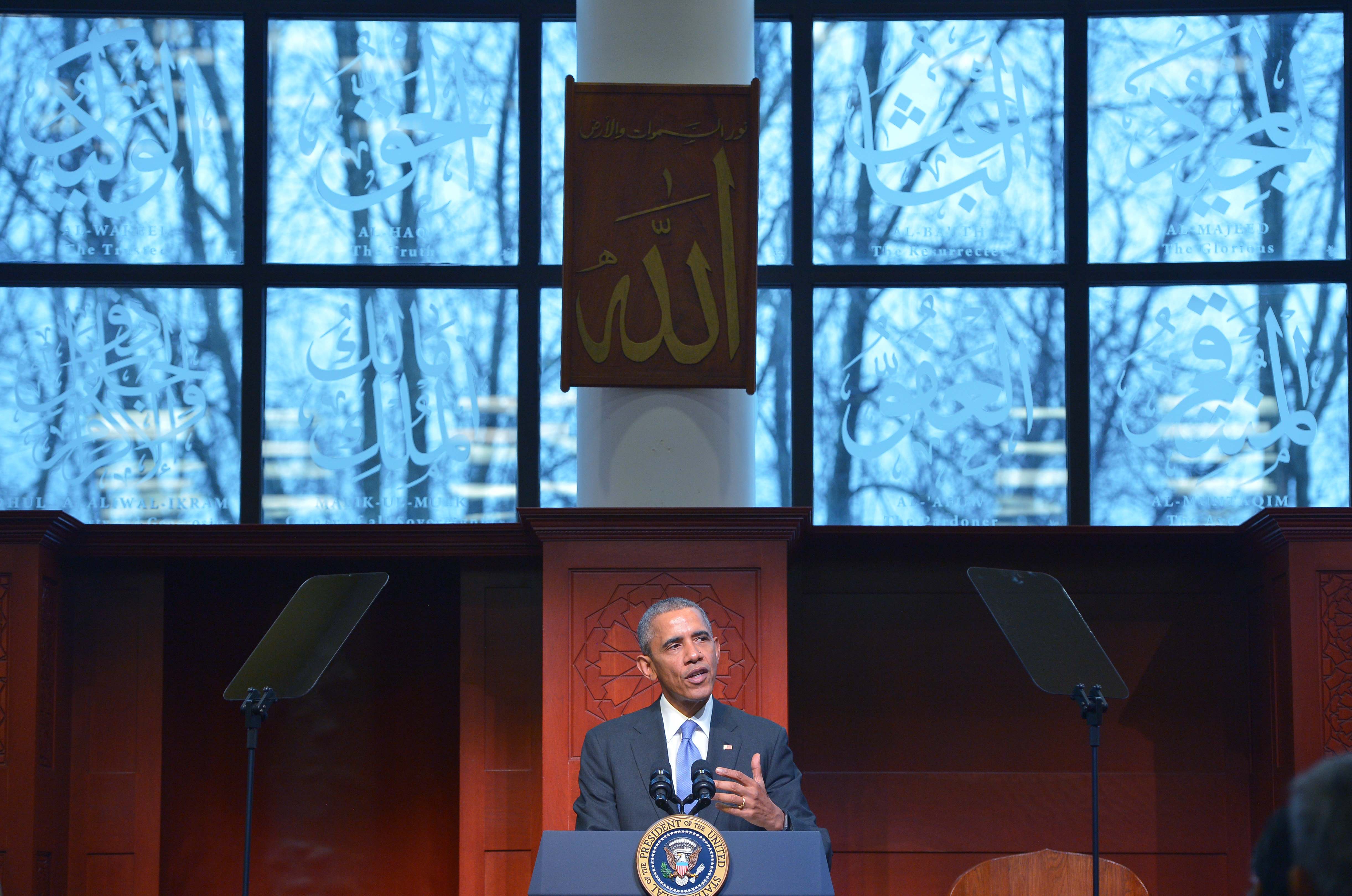
Advocates for the ban say full-face veils are contrary to French Republican values.
Today the lower house of the French parliament voted 336 to 1 in favor of banning full-face veils.
In response to this overwhelming vote, Amnesty International has issued a statement, condemning the vote.
The proposed law, which must still be approved by the French Senate, prohibits wearing in public any form of clothing intended to conceal one’s face.
A breach of the law would be punishable by a fine of up to 150 Euros (~$190) and/or the requirement to complete a community rehabilitation program. The law also provides for a penalty of up to one year imprisonment and a fine of up to 30,000 Euros (~$38,170) for those who use force or threats to oblige others to cover their faces.
“A complete ban on the covering of the face would violate the rights to freedom of expression and religion of those women who wear the burqa or the niqab as an expression of their identity or beliefs,” said John Dalhuisen, Amnesty International’s expert on discrimination in Europe.
Advocates for the ban in France have characterized full-face veils as contrary to French Republican values, incompatible with gender equality and a threat to public safety.
States are obliged under international law to protect women against pressure and threats to wear full-face veils.
“However, comprehensive bans are not the way to do this,” said Dalhuisen.
They carry a risk that women who currently wear full face veils will become confined to their homes, less able to work or study and to access public services.
Governments should instead be looking to strengthen efforts to combat the discrimination faced by Muslim women, both in their communities and in the broader societies in which they live. Their focus should be on empowering women to make their own choices, rather than limiting the range of choices available to them.
Legitimate security concerns can be met by targeted restrictions on the complete covering of the face in well-defined high risk locations. Individuals may also be required to reveal their faces when objectively necessary, for instance for identity checks. French law already allows for such limited restrictions.



 Seven leaders of Iran’s Baha’i community are currently on trial on serious, but baseless, charges
Seven leaders of Iran’s Baha’i community are currently on trial on serious, but baseless, charges
